SUMMARY
This is AI generated summarization, which may have errors. For context, always refer to the full article.
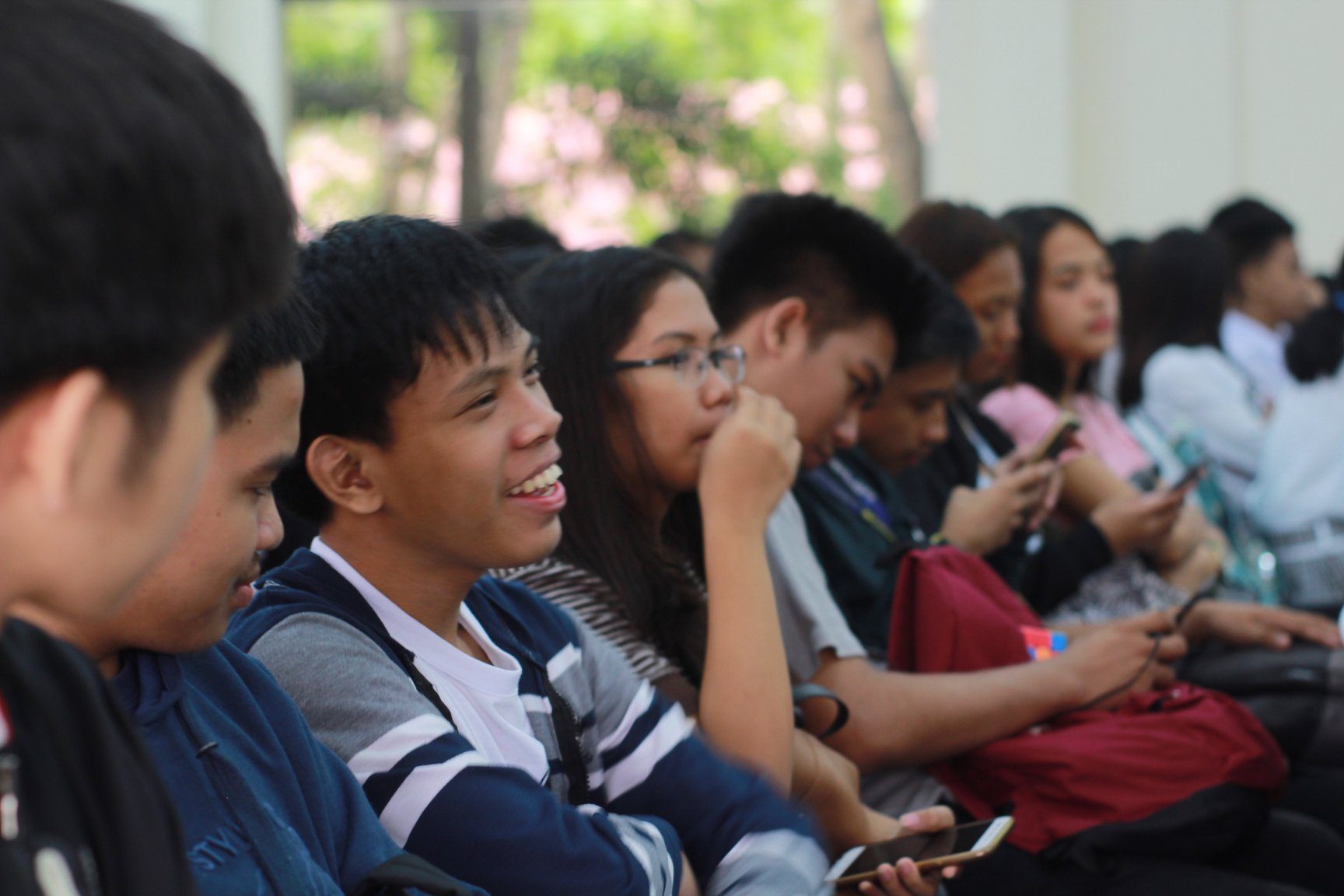
MANILA, Philippines – In a place where truth still thrives online, what can the community do to protect itself from the threat of online hatred and disinformation?
This question was asked during the #MovePalawan: Social Good in the Digital Age forum held at the Performing Arts Theater of Palawan State University (PSU) on Thursday, July 25.
During the forum, both Celeste Anna Formoso, secretary general of the National Union of Journalists of the Philippines-Palawan and Rappler stringer Keith Fabro agreed that fake news does not dominate the local online landscape in Palawan.
In order to keep things this way, the local journalists said that it is important to promote media information and literacy and instill interest in local issues among the Palawan youth.
But what can students do to make this happen?
Social good
“You have to remember that people go to social media because they want to be updated. After knowing what is the latest, they want to connect – meaning to connect with the community,” said Rappler news editor Miriam Grace Go.
According to Go, when people are on social media, everything they post is considered news. “Be a source of news yourself. When you use a platform that is very much public, you fall under the term ‘publisher’,” added Go.
People are consuming more information today than before. With the rise of digital media, people’s access to information is just a click away. (READ: Over 3.4 billion people actively use social media – report)
A recent report showed that the time spent online by Filipinos daily soared from 9 hours and 29 minutes last year to 10 hours and 2 minutes this year, the highest in the world. (READ: Filipinos spend most time online, on social media worldwide – report)
With the increasing number of social media users in the Philippines, Go advised students to be a responsible social media users.
“Do something else aside from your personal posts. You have an edge. You have a credibility because you are a real person” said Go.
This was echoed by Formoso, saying: “You compose the biggest share of the population who use social media. While you engaged based on your interest, sana din ay start ang pagiging maagang aware that will concern you in the future (I hope that you start to be aware on the issues that will concern you in the future). If you can help prevent disinformation, please don’t be a tool.”
‘Amplify real voices’
At a time when online hate spreads like wildfire and affects public discourse on social media, Go urged students to amplify real voices online.
“We need to take back social media and in the internet so we can make it a space again,” said Go.
Go added, “Hindi masama na magkaiba ang opinion natin, ang masama ay mga opinion na nakikita natin online ay hindi galing sa totoong tao.” (It’s okay to have varying opinions, what’s bad is if those opinons were not from real people.)
In the Philippines, paid trolls and bots swarm comments sections of new organizations to spread lies and propaganda on social media. (READ: Propaganda war: Weaponizing the internet)
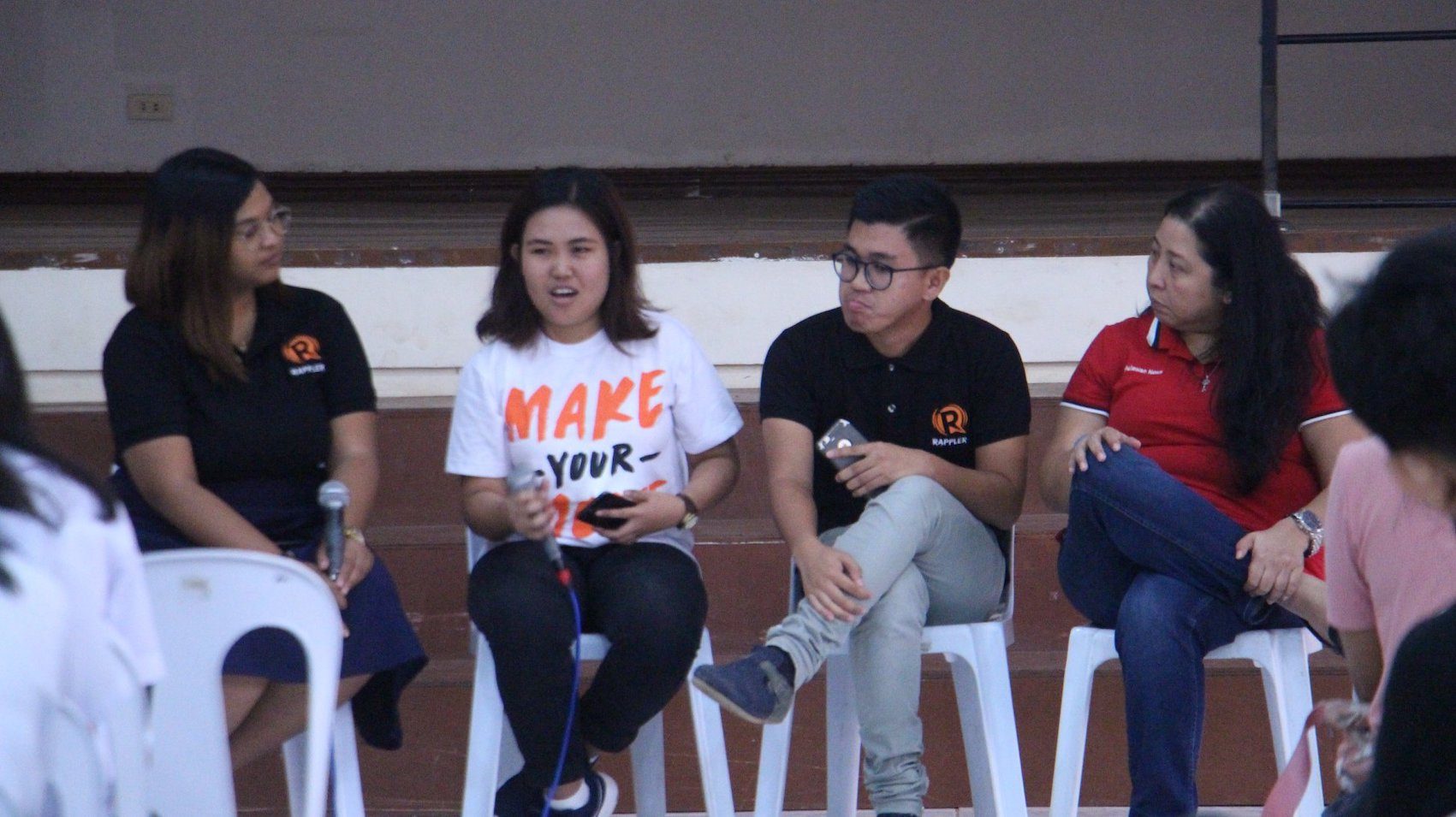
Meanwhile Alexis Fernandez, editor-in-chief of Pioneer, the PSU’s official campus publication, encouraged fellow campus journalists to speak truth to power.
“Challenge ko sa mga campus journalists to speak the truth. Kahit na iba iba ang career natin, kung alam natin ang prinsipyo ng buhay journo, kaya natin ipaglaban,” said Fernandez.
(I challenge all the campus journalists to speak truth to power. Even though, we will have different career paths to take, if we know the principles of journalism, we would have the courage to fight back.)
For Fabro, campus journalists should not limit themselves to just pursuing campus stories. He advised students to create a social media account dedicated for publishing their stories.
“Huwag niyong ikahon ang mga sinusulat niyo tungkol sa school lang, write stories about your communities,” said Fabro. (Don’t limit yourselves to just writing about your school. Write stories about your communities.)
But in choosing stories to write, Fabro advised students to choose issues close to their hearts.
“Sa pagpili ng issue, piliin mo ‘yung issue na malapit sa’yo kasi hindi mo puwedeng pasukin lahat ng laban at the same time. Choose your battle and win it. Pili ka lang ng isa at doon ka mag focus,” said Fabro.
(In choosing issue, choose what is close to your heart because you can’t enter any battle at the same time. Choose your battle and win it. Choose one and focus there.)
Social media by itself can be empowering for the disadvantaged and those without access to mainstream media. Using the platform also entails responsibility, and that can make a big difference. – Rappler.com
Add a comment
How does this make you feel?
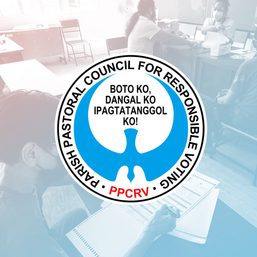
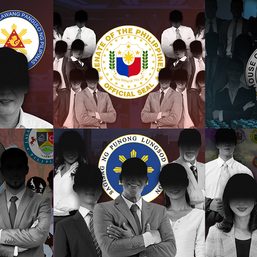


![[PODCAST] Beyond the Stories: Ang milyon-milyong kontrata ng F2 Logistics mula sa Comelec](https://www.rappler.com/tachyon/2021/11/newsbreak-beyond-the-stories-square-with-topic-comelec.jpg?resize=257%2C257&crop_strategy=attention)
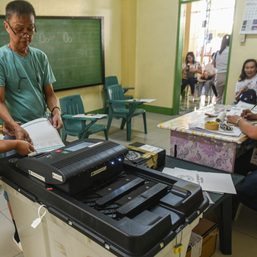
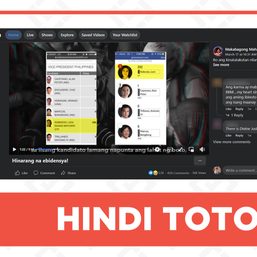
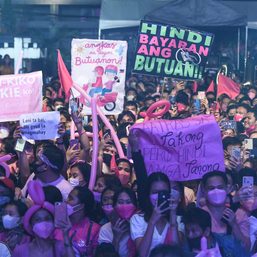

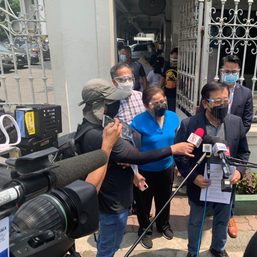
There are no comments yet. Add your comment to start the conversation.